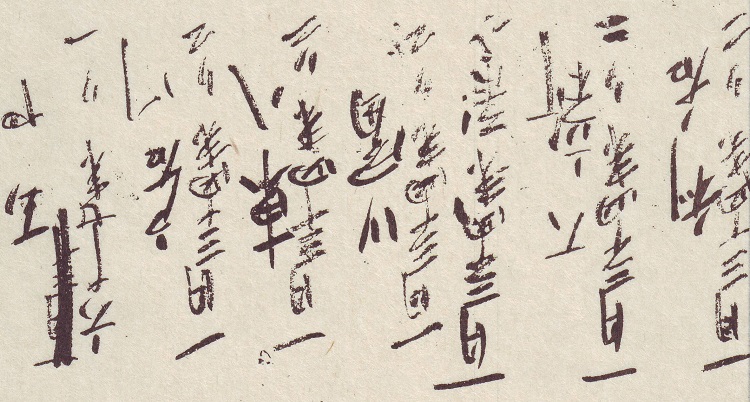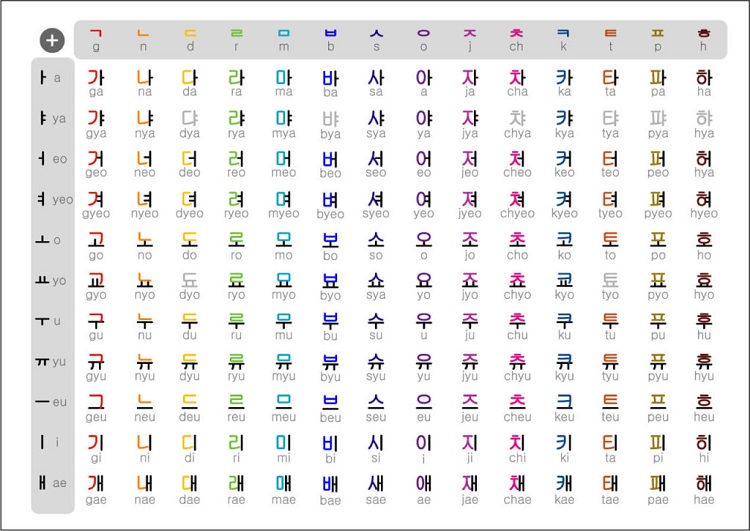Does it take six years to learn Japanese? This is a question that many people ask. While there is no clear answer, it is possible to master the language in around five years. Regardless of how long it takes, it can be a fun experience and quite exciting. Read on to learn how you can learn the language in this time frame. Hopefully, you will be speaking Japanese confidently by the end of this article.

Does it take six years to learn Japanese?
The first step to learning Japanese is determining what level you want to reach. There are many different levels of Japanese. The difficulty level of the language varies. For example, if you speak another language, your progress may be faster than learning it for business purposes. In addition, if you know kanji from your native tongue, this can help you understand the language faster. Then, you can start listening to music, reading Japanese books, and practicing your pronunciation.
Once you have a clear idea of what you want to learn, you can start your Japanese lessons. The first step is to create your Japanese language learning. It will be easier to get started if you have an achievable goal. You can start a course a month or two after you begin. However, the most important thing is to stick with it. By doing so, you will be more likely to finish the course.
You can expect to take about five years to learn the language. But with consistent practice and one-on-one lessons, you can achieve full working proficiency within six months. It will take about four hours of study per day. Moreover, you will interact with native speakers and Japanese content. That’s the real secret to learning the language. It takes just six months to become a fluent Japanese speaker.
When it comes to learning the language, you need to decide what level you want to reach. There are different levels for different people. In general, it will take around six years to learn the language at an intermediate level. If you want to learn Japanese at an advanced level, you can do so in two to three years. The first step to learning the language is determining how much you want to know. You will decide how much you can master in that period by doing this.
You should set short-term and long-term goals before starting to learn the language. As a beginner, you should be aware that the learning time for the Japanese language will vary from person to person. Ultimately, it would help decide how quickly you want to learn the language and which level you’re willing to spend. You can start by reading books with detailed vocabulary lists of the most common words and phrases in Japan. If you’re learning a foreign language that you’re not familiar with, you should also take online courses.
A suitable method for learning the Japanese language is to work in a bilingual environment. This will allow you to increase your fluency. If you have studied another language, it will be easier to learn a new language. The benefits of studying in a bilingual environment include: Having access to other people’s cultures. Having the ability to interact with different people in two languages will increase your success.
When it comes to learning a new language, Japanese is no different. The language is one of the most difficult to understand, but if you dedicate a couple of hours a day to it, you will speak the language at an advanced level in about three years. This is a far cry from the primary communication you can do in a day. When you spend a few hours a day, though, it will become easier to master the language and become more fluent.
The most apparent study aid is a textbook. Most textbooks come with good reviews and will be helpful for beginners. If you are a beginner, it is best to focus on grammar, reading, and writing. While you will need to speak Japanese when you live in Japan, you will have a lot of opportunities to use the language. If you can speak and understand the language fluently, you will be well on your way to communicating with people in Japanese.



